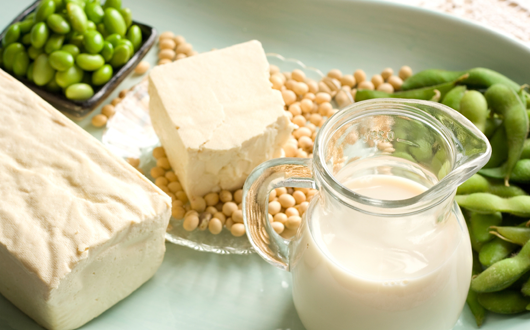
Everyone has heard the term “superfood,” but we can’t always believe EVERYTHING we read, right?
So, how do you know what is hyped up and what is truly good for you? Well, superfood is a label, not a scientific term, but I would wager that most use it to encompass healthy foods that have a plethora of positive health benefits.
Not everything lives up to the hype though. Also, some foods that were once thought to be beneficial have since had studies done that prove theories weren’t correct, or some superfoods weren’t quite as beneficial as we once believed.
So how do you know which superfoods are worth investing in and which superfoods are “supermyths”? Research is one way to be sure foods really do what they’re hyped up to do.
Another concept to keep in mind is that healthy eating is important.
You can’t just eat a diet full of processed foods, fats, and sugars, and then throw in a superfood smoothie and think one negates the other.
A healthy diet and healthy lifestyle in addition to eating superfoods is what can make a difference.
Brad Hoppmann of Uncommon Wisdom Daily makes a good point about the myths and marketing ploys behind superfoods.
Everything is okay in moderation, whether it’s a superfood or a slice of chocolate cake. If you don’t expect superfoods to change your life when you’re not putting the effort in, then you’re on the right track.
Now, that doesn’t mean that superfoods do not have amazing nutritional benefits because they definitely do. The key here is perspective. Just because a brand or store slaps a “superfood” label on something, doesn’t mean you have to buy it or that it is superior to other foods.
This labeling is partially a marketing ploy on their end.
So how do you know which foods to buy and which aren’t worth it? Let’s go over a superfoods list of some of the more popular or hyped-up superfoods:
Coconut Oil
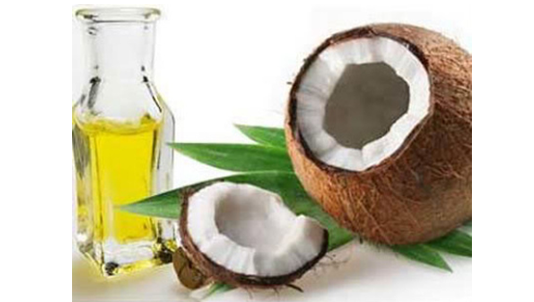
Coconut oil has been getting a lot of love lately. Whether it’s for use in cooking or in a recipe for beauty products, there are benefits.
Many people incorporate coconut oil into their diets for weight loss, despite the high level of saturated fat.
A study done in 2009 showed that women who were considered obese that consumed 2 tbsp of coconut oil a day for 12 weeks did not gain weight. Instead, they actually lost abdominal fat, which is a difficult form of fat to lose.
Coconut oil is good for skin and hair, due to its moisturizing properties and high levels of vitamin E.
Chia Seeds
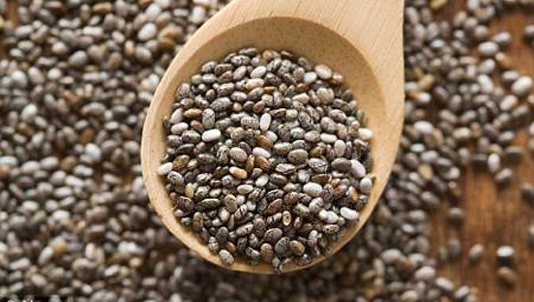
Chia seeds have become popular lately and are easy to sprinkle into yogurt, granola, and smoothies. Chia is a good source of fiber, protein, omega-3 fatty acids and antioxidants.
While it’s not proven that chia helps aid weight loss, the high levels of fiber and protein do promote a feeling of satiety.
An article published in The Journal of Nutrition studied the effects of chia, nopal, soy protein, and oats in patients who suffer from metabolic syndrome. With these nutrients added to their diets, patients had a reduction in triglycerides, C-Reactive Protein, and insulin levels.
Juice Detox

Another trend lately has been juicing or cleansing. Not only are you practically starving your body with “cleansing toxins”, but the sheer amount of fruits that go into the juice is likely providing way too much sugar per serving.
This can cause weight gain and increase your risk of diabetes. Juicing also removes fiber from fruit or vegetables, which also throws off your blood sugar levels and leaves you hungrier.
If you do decide to juice, you also want to drink the juice right away to avoid bacterial growth when stored, according to The Mayo Clinic. So if you’re not big on consuming fruits or veggies whole, then juicing may be an alternative.
A whole ten days of nothing but juice, however, is not good for you.
Blueberries
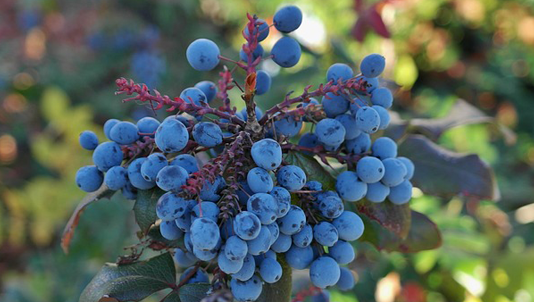
Blueberries or any berry, are high in flavonoid antioxidants known as anthocyanins. Fun fact: Anthocyanins are where berries get their blue or red colors from.
These antioxidants are good for heart disease and high blood pressure. In fact, a 2013 study by the American Heart Association showed that women who ate a minimum of 3 servings of strawberries and blueberries per week had fewer heart attacks than those who didn’t.
Dark Chocolate

Dark chocolate is a good, healthy source of polyphenols, which are flavonoids that can help reduce heart disease risk. However, dark chocolate should be eaten in moderation.
A study done in 2012 showed that people who consumed 100g of dark chocolate a day reduced the risk of cardiovascular disease by 85-95%, particularly those who suffer from metabolic syndrome.
Look for dark chocolate that has a minimum of 70% cocoa. Most commercial candy bars don’t make the cut.
Citrus Fruit
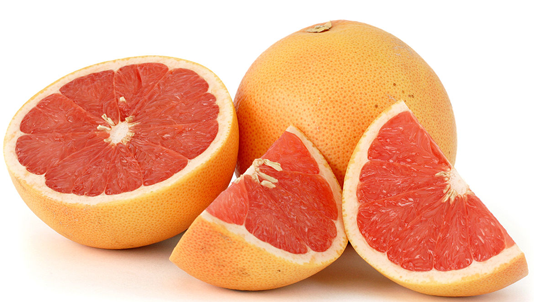
Citrus fruits like lemons, grapefruit and oranges have gotten a lot of hype due to their high levels of vitamin C and flavonoids.
According to Stroke: Journal of the American Heart Association, flavonoid compounds in citrus fruits can reduce the risk of stroke, particularly vitamin C.
Flavonoids have an anti-inflammatory affect and improve the function of blood cells. Be careful with grapefruit or grapefruit juice, however, as it can interfere with certain medications, particularly heart medications.
Check with your doctor or pharmacist before consuming grapefruit products.
Soy
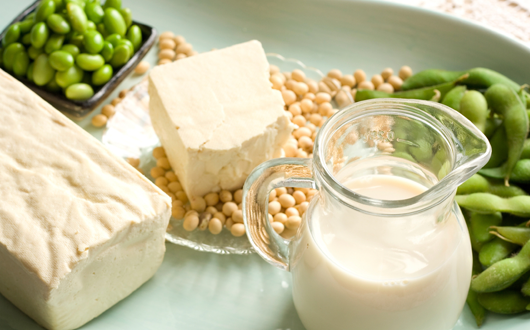
Soy products are popular for vegetarians, vegans and people who are lactose intolerant. Soy products like tofu, soy meat substitutes, and soy milk are a good source of protein without the fats and cholesterol that come with consuming animal products.
There has been recent skepticism due to reported cardiovascular risks with soy consumption.
A study done by the American Heart Association examined soy protein with isoflavones and found that while soy didn’t have a significant effect on menopause symptoms or health benefits, it may be beneficial to cardiovascular health due to high fiber, polyunsaturated fats, vitamins, and minerals.
However, another study done by the American Heart Association showed that soy and milk protein consumption reduces systolic blood pressure when consumed with complex carbohydrates.
Enjoyed 8 “Superfood” Myths you Should Stop Believing? Share it with your friends so they too can follow the Superfoodsliving journey.
Share on Pinterest
